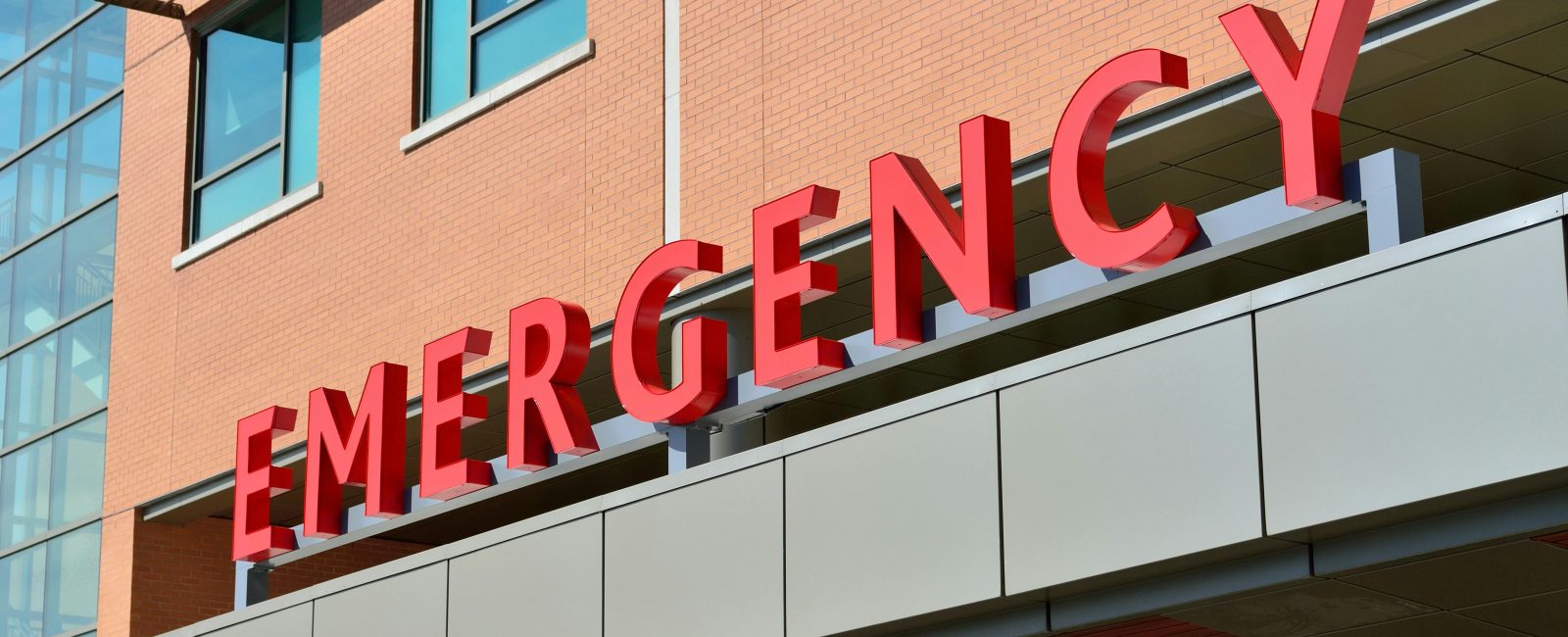Encountering a dental emergency can be disorienting. Whether you or a loved one is grappling with pain, bleeding, or missing teeth, maintaining composure in such situations can be challenging. If you find yourself during a dental emergency while reading this article, read through the following guidance and promptly contact us. For those fortunate enough not to be dealing with an emergency currently, absorb these tips to know how to respond when facing a dental crisis.
Dental Emergency Essentials: Do’s and Don’ts
In any medical crisis, stemming bleeding takes precedence. If you or someone else is bleeding profusely, apply firm, direct pressure to the injury using a clean, cold washcloth. Lean forward, stay seated, and avoid lying down to prevent fainting.
Though challenging, maintaining composure is crucial. If you’re the one injured, seek support from those nearby. If caring for someone else, help them breathe through pain and distress to keep a calm atmosphere.
For parents, the instinct to search for a knocked-out baby tooth is common but unnecessary. Baby teeth aren’t reattached, and it’s best to focus on rinsing, cleaning soft tissue damage, and using a cold compress for swelling.
If a tooth chips, look for broken pieces. These can often be bonded back onto the tooth, especially if there’s a clean break. Place the pieces in milk and bring them to our office during your appointment.
When handling a knocked-out adult tooth, avoid touching the root. Hold the tooth by the crown (visible portion above the gumline) to prevent damage to delicate periodontal cells on the root.
Milk’s chemical composition mirrors saliva, making it an effective solution to keep knocked-out teeth moist until professional treatment. If unavailable, use saliva or water—just avoid wrapping the tooth in a tissue.
For significant facial trauma or uncontrolled bleeding, head to the nearest emergency room for prompt treatment. Once stabilised, schedule an appointment with our office for dental concerns.
Address toothaches promptly to avoid escalating discomfort. Begin by flossing around the affected tooth and schedule an appointment for a professional evaluation.
Opt for Tylenol (acetaminophen) over aspirin for dental pain relief. Aspirin may impede blood clotting, complicating treatment.
Cold compresses wrapped in a towel effectively reduce pain, swelling, and inflammation. Use them for 15-minute intervals with breaks in between.
Prevent emergencies by avoiding sharp objects for teeth cleaning, using teeth to open packaging, wearing a mouthguard during contact sports, refraining from chewing on hard items, and scheduling regular dental check-ups.
For optimal dental care and to ensure the best possible treatment, seeking orthodontic consultancy is paramount. The expertise of local orthodontic professionals can address various dental concerns and provide personalised solutions for your specific needs. It is crucial not to delay seeking assistance – don’t hesitate to schedule a consultation with a dentist at your earliest convenience. Taking prompt action not only ensures timely intervention for any emerging issues but also contributes to maintaining a healthy and radiant smile. By adhering to these guidelines, you can navigate dental emergencies with confidence and reduce the risk of encountering them in the first place.





